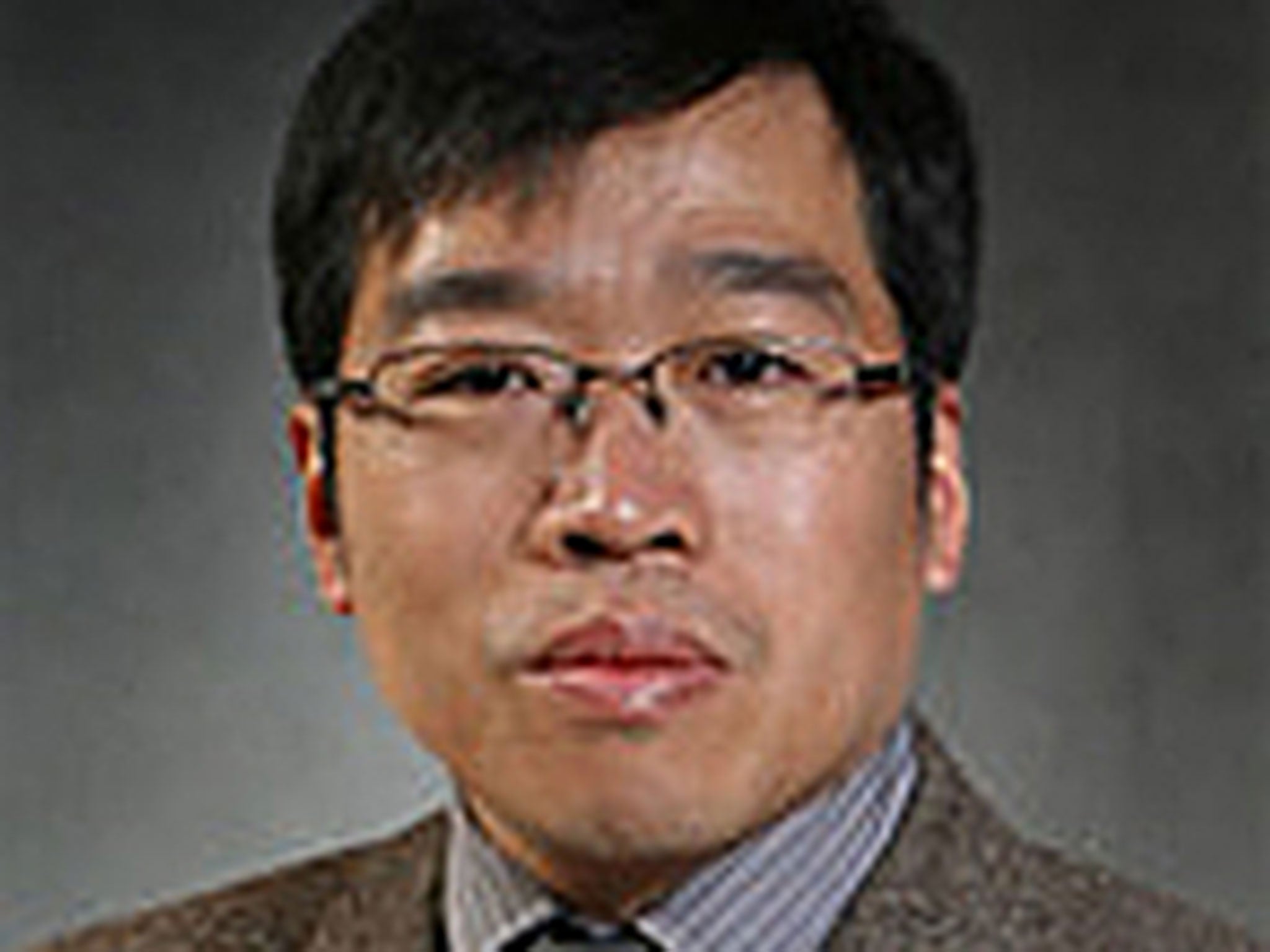What the (fake) story of a rich woman breaking up with her poor boyfriend says about China's wealth divide
'The two Chinas have vastly different lifestyles, cultures and ideological thoughts'

A woman from a big Chinese city visits her boyfriend’s rural hometown and is so appalled by the squalor that she dumps him. The story was fake but it swept through Chinese media because it highlighted the deep societal gap the ruling Communist Party has vowed to close.
Rural Chinese not only make less money than city-dwellers, they also receive significantly fewer social-welfare benefits, worsening a divide that was brought into focus by the fictional break-up, initially posted online as a real-life account.
The Chinese leadership has pledged to introduce policies to bring prosperity to the countryside. In a key policy address over the weekend, Premier Li Keqiang promised to improve rural infrastructure and access to social benefits.
“The core of our job is to bring a society of common prosperity,” said Zhu Liangyu, a Beijing delegate to the National People’s Congress. “We can only accomplish the task when rural peasants are economically prospering.”
In 2014 the average annual income for a Shanghai resident was 47,710 yuan (£5,000), more than four times the 10,117 yuan a year for an average resident in rural Jiangxi province.
Urban dwellers have only recently begun to outnumber rural ones in China, accounting for more than half of the population from 2011. But the split between city and country has been entrenched by the decades-long practice of differentiating citizens and their rights based on residence registration. The Herculean task of addressing that split was highlighted by the uproar nationwide over the break-up story, which emerged earlier this year.
The female protagonist was from Shanghai, which represents metropolitan China and is comparable to any city in a developed country. Her lover hailed from a poor village in the hinterland province of Jiangxi, which could “be worse than Third World countries”, according to Tang Yinghong, a psychologist and popular national media columnist. The pair matched two popular stereotypes: the urban, sheltered, well-heeled “peacock” girl and the self-made “phoenix” boy from the hinterland who makes good in the big city.
“The two Chinas have vastly different lifestyles, cultures and ideological thoughts and the split between the two has reached an astonishing level,” Mr Tang said.
The story as posted on an online forum was from the point of view of the woman, explaining why she fled her boyfriend’s hometown and the relationship. Accompanying it was a dimly lit photo of a squalid dinner table with dubious-looking dishes.
The story hit smartphones across China during the New Year holiday and much of the country jumped to vent their thoughts. Wu Qiang, a political scientist at Tsinghua University, said the furore showed the failure of Beijing to deliver the benefits of three decades of industrialisation to ordinary people, especially those in China’s vast countryside.
“A single photo of a rural dinner table has condensed so many social meanings of our time,” he wrote. He said that China’s rural-urban differences must be addressed, adding: “Only when everyone has equal rights can we make up the feudal gap between the cities and the countryside.”
AP
Join our commenting forum
Join thought-provoking conversations, follow other Independent readers and see their replies
Comments
Bookmark popover
Removed from bookmarks